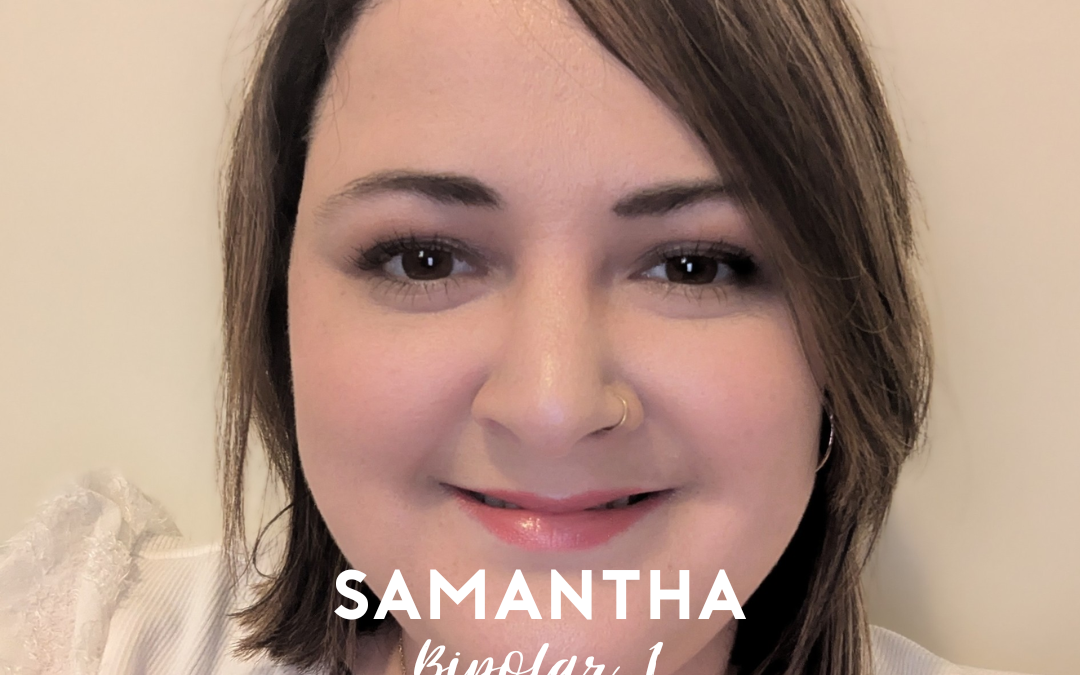Something I am Proud Of:
Learn to rest, not to quit.
These words have stuck with me through my bipolar I journey since diagnosed at 19-years-old. When I was first diagnosed, I experienced a mammoth wave of both relief – finally putting a name to the unexplained symptoms – and fear – having no idea how I was going to be able to deal with this unwanted “illness” for the rest of my life.
Fast-forward 18 years, and I can say that it has been far from easy. But it’s been worth it.
There have been days upon days when I couldn’t get out of bed, experiencing the deepest, darkest depression I had ever known. Lost jobs, relationships and career opportunities shot down when my anxiety stepped in, freezing my body in place while my mind continued to run a million miles a minute. And of course, the mania – the sleepless nights, wasted money and agitation, snapping at everyone who dared to question if I was alright. Forgotten memories from electroconvulsive therapy (ECT) treatments, a pile of in-patient hospital medical bills always stationary at the table and side effects from new medications.
It’s not been easy. But you learn to rest, not to quit.
For every bad day, there have been so many more good ones. I’ve lost memories with ECT, but it saved my life – a fair trade, in my opinion, that I can deal with. In weekly therapy visits, I’ve learned new skills, better ways to take care of myself and my bipolar disorder. Regular appointments with my psychiatrist ensure that my medication is doing its best for me and vice versa. Support groups online and in-person help me keep in check with myself. Instead of being guarded, I talk openly to my family and friends about my concerns, symptoms and feelings so I can stay in a positive place, and they can help me recognize when I need to reach out to my doctor and/or therapist for help. Taking my medications every day at the same time helps give it a chance to do its best and work at its best for my brain. Painting, writing and crafts give me an artistic outlet when my thoughts are jumbled.
It takes a lot of work. It’s hard. It’s exhausting. It’s not fair.
But learn to rest, not to quit. Because there is always, always hope.
Message for Newly Diagnosed:
Having bipolar disorder is like fighting a constant war in your head. But just like any other war, there are ways to combat it. Find what works best for you and stick with it. Whether that’s medicine, alternative therapies, talk therapy, support groups, healthy hobbies, etc., use your toolset to help get through each day.
Just remember that not every day will be good, but not every day will be bad. Embrace both as they come. It’s much easier to get to the shoreline when you’re swimming with the current, not against it.


